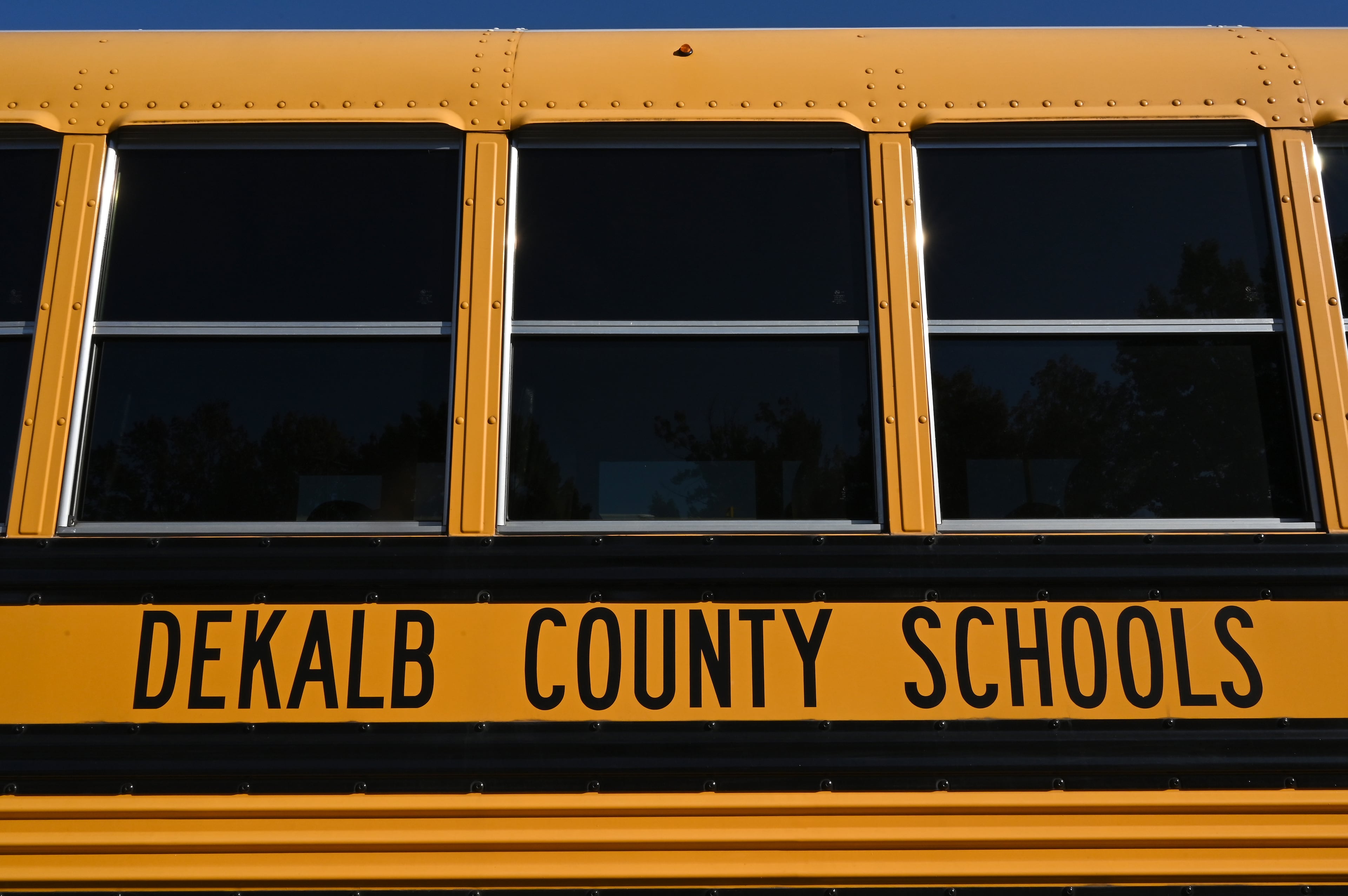Teach students not only to ask right questions, but to create new ones

University of North Georgia professor Matthew Boedy wrote a thoughtful column in response to a piece I did this week on whether the content we are teaching kids now will serve them in a fluid workforce where adaptability and reinvention will be critical.
(He has also written several well-researched columns on guns on campus for the AJC Get Schooled blog. Here is one and here is another.)
I’ve had several discussions this week with readers about relevant skills, especially about the lag time between what is happening in the workforce and what is occurring under the Gold Dome. Several people agreed that at the same time Georgia leaders are pushing coding classes in schools, the industry is seeing a threat from artificial intelligence.
As the Guardian reported in a brilliant but sobering piece on jobs of the future:
Today's technological revolution is an entirely different beast from the industrial revolution. The pace of change is exponentially faster and far wider in scope. As Stanford University academic Jerry Kaplan writes in Humans Need Not Apply: today, automation is "blind to the color of your collar." It doesn't matter whether you're a factory worker, a financial advisor or a professional flute-player: automation is coming for you.
Boedy says he tries to ready students for a workforce where the routine, repetitive and predictable will be the domain of machines. I like his plug for the University of North Georgia. Many of our discussions focus on Atlanta-area campuses and, of course, the University of Georgia, but the state public college system has a lot of gems that deserve to be displayed here more often.
With that, here is Boedy’s thoughtful essay:
By Matthew Boedy
With her great experience in education, Maureen Downey hit on something in her post earlier this week that I as a professor agree should be central to higher education: reinvention. And as it so happens, that is my area of expertise.
People have derided me at times, especially in the comments section of this blog, for being a professor of rhetoric. But if you want a primer on how important reinvention – or invention as we rhetoricians call it – is to education, look at the history of rhetorical education.
Ancient Greek teachers of rhetoric saw an opportunity as democracy grew in the city-state. More and more people were being given chances to practice their citizenship before the Athenian crowds in the agora. But they had no relevant training, no experience. Seizing this moment were two of the founders of rhetorical education – Aristotle and Isocrates. Everyone always goes to Aristotle, so I’ll center my words on Isocrates. He just so happens to be a chapter in my upcoming book on invention.
Isocrates taught civic leaders not just how to speak in public (those kind of tips we get a lot) but to invent – that is, re-use for better purposes, re-situate for different goals the speeches of other, prior leaders. He contrasted this education with the education of other teachers who taught formulas, repetition “drills” we might call them.
Particularly I suggest in my book that Isocrates reinvented how his community understood evil, moving it from an individual lack of character to a community issue. That changed how the community saw corruption in office, how they chose leaders.
Seems we have heard that debate before and are having it right now in America.
Of course, no invention—word, political ideology or even technology—comes from nowhere. Invention did not mean for the Greeks what we modern people usually think: merely a unique idea or object of use created by a solitary genius or "inventor." Invention as part of the five canons of rhetoric was and is about "finding" ideas through putting old ideas into new situations.
Or relationships, as I tell my students. These relationships were referred to as the topics of invention, or the "basic categories of relationships among ideas, each of which can serve as a template or heuristic for discovering things to say about a subject," according to a great BYU site I use in most every course.
Maureen is right when she writes that “I don’t think we can predict what content and skills children born today will need when they graduate college in 2040.” This is why students need to be in her words “highly adaptable.”
Isocrates described this adaptability by way of his definition of “educated:” “First, those who manage well the daily affairs of their lives, and can form an accurate judgement about a situation and in most cases can figure out what is the best course of action.”
How do you teach that? That is a million dollar question at any level of education. It is certainly about developing curiosity. I use a book on curiosity in my first-year writing classes. But it must be shown to students beyond one course.
That is where a liberal arts curriculum comes in. Georgia College may brand itself as the state's public liberal arts college, but my school, University of North Georgia, has a good argument to make for that title. We are part of the Liberal Education and America's Promise (LEAP) initiative that "champions the importance of a liberal education—for individual students and for a nation dependent on economic creativity and democratic vitality."
One part of that initiative is assessments in which students “can apply their learning to complex problems and real-world challenges.” What do those assessments asses? Many things including how to ask the right questions, how to create new questions, how to engage all parts of the curriculum-- in short, how to invent.
In the English department we are imagining a different kind of society through a social justice-based writing course. In the music department, they are looking at how medieval manuscripts aid the music history classroom. Here are other projects.
But invention is not just about words. Consider the rhetorical invention at use in design, engineering, and biology.
Invention is about adapting. Renaming, re-seeing, challenging and changing our understanding of who we are, what we do, and the issues we face. That is deep citizenship. Deep rhetoric.
I can’t imagine a more important skill or content to have in the future. It is not a surprise to note that democratic vitality and rhetorical studies have always trended up together.
And as for economic creativity? Yes, coding by humans may be replaced by AI. What then? The “old maps” Maureen described won’t work. Who will invent not just new paths but new maps? And who will teach how to invent?
I’m trying my best. Come visit my classroom any time.



